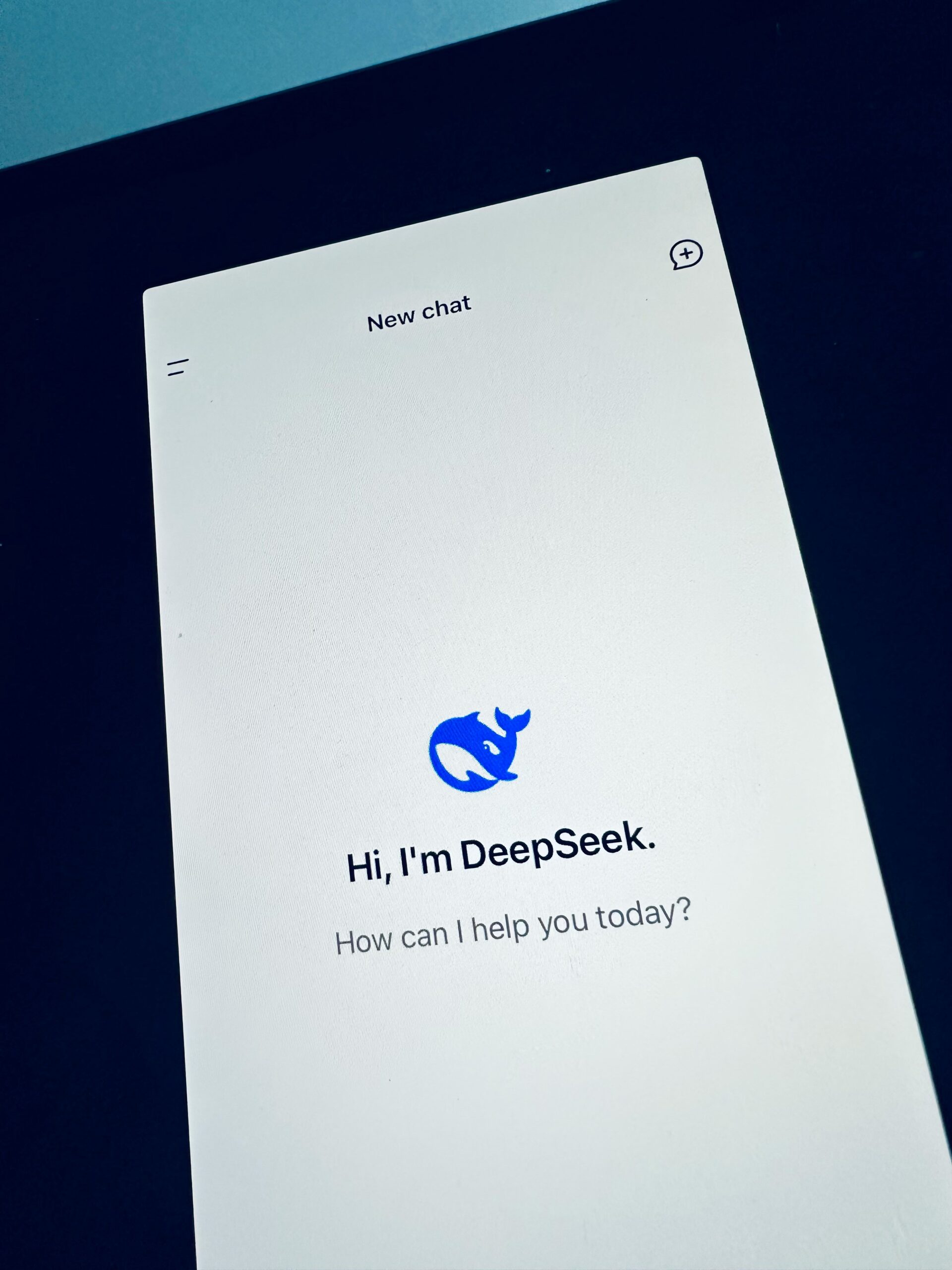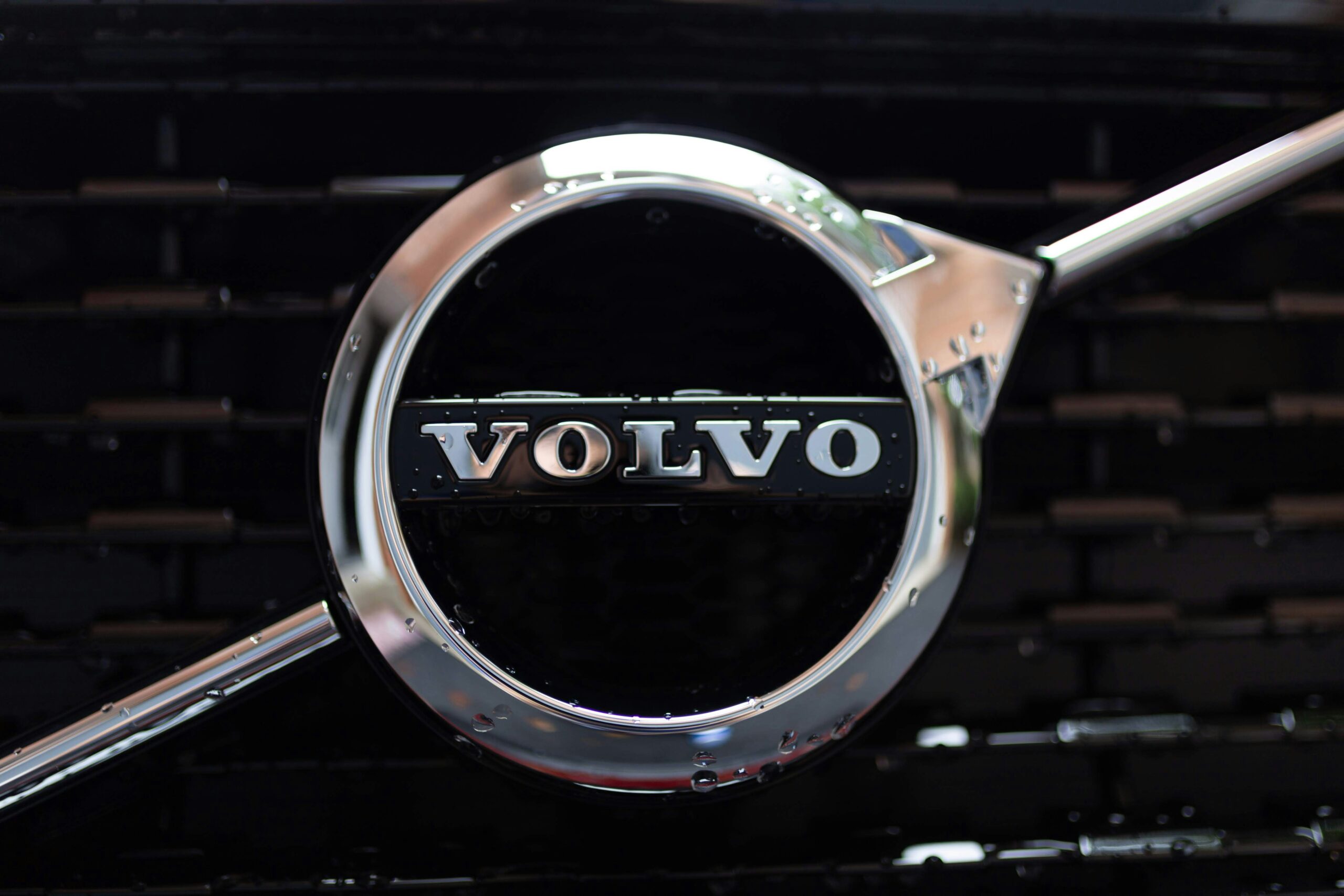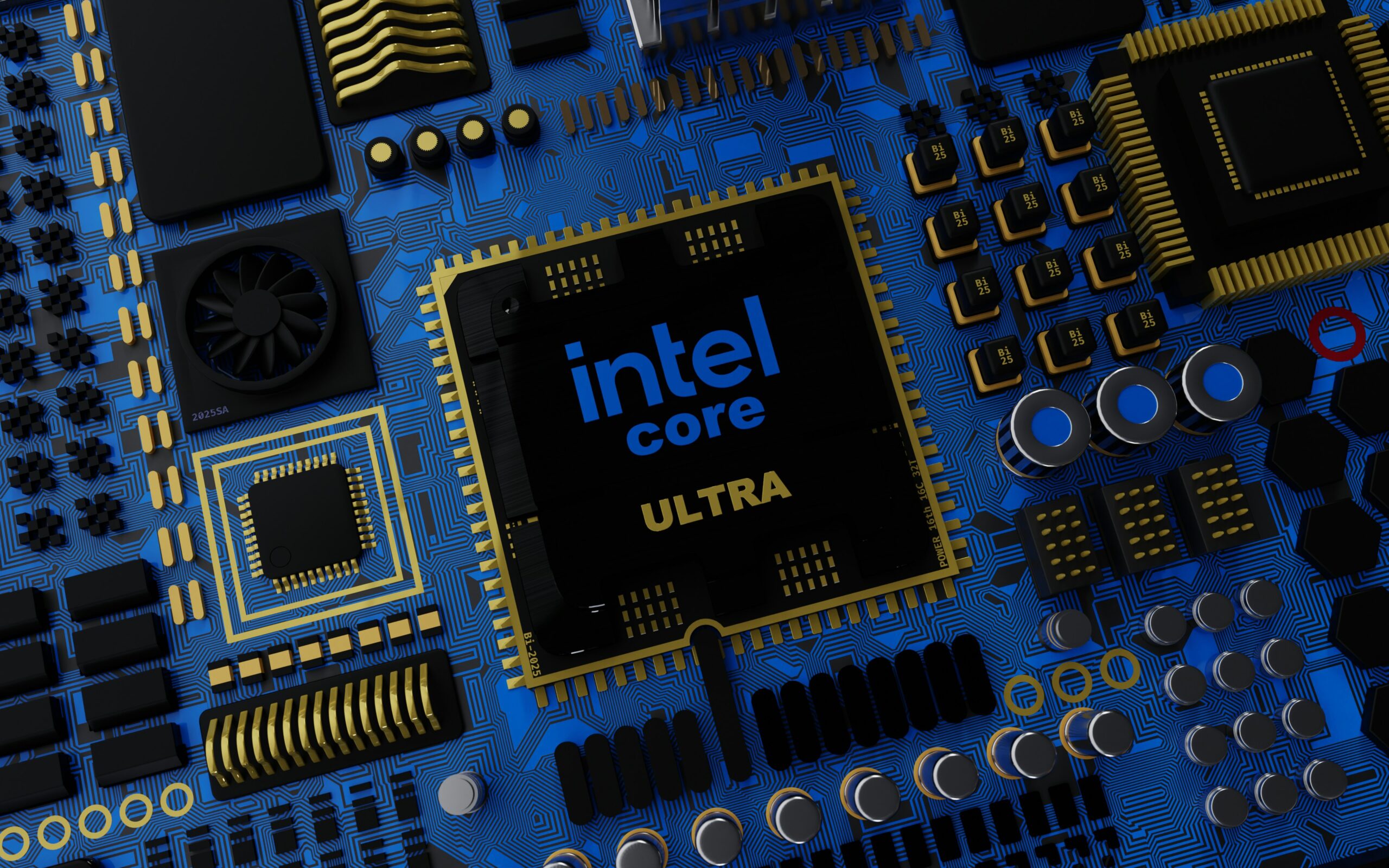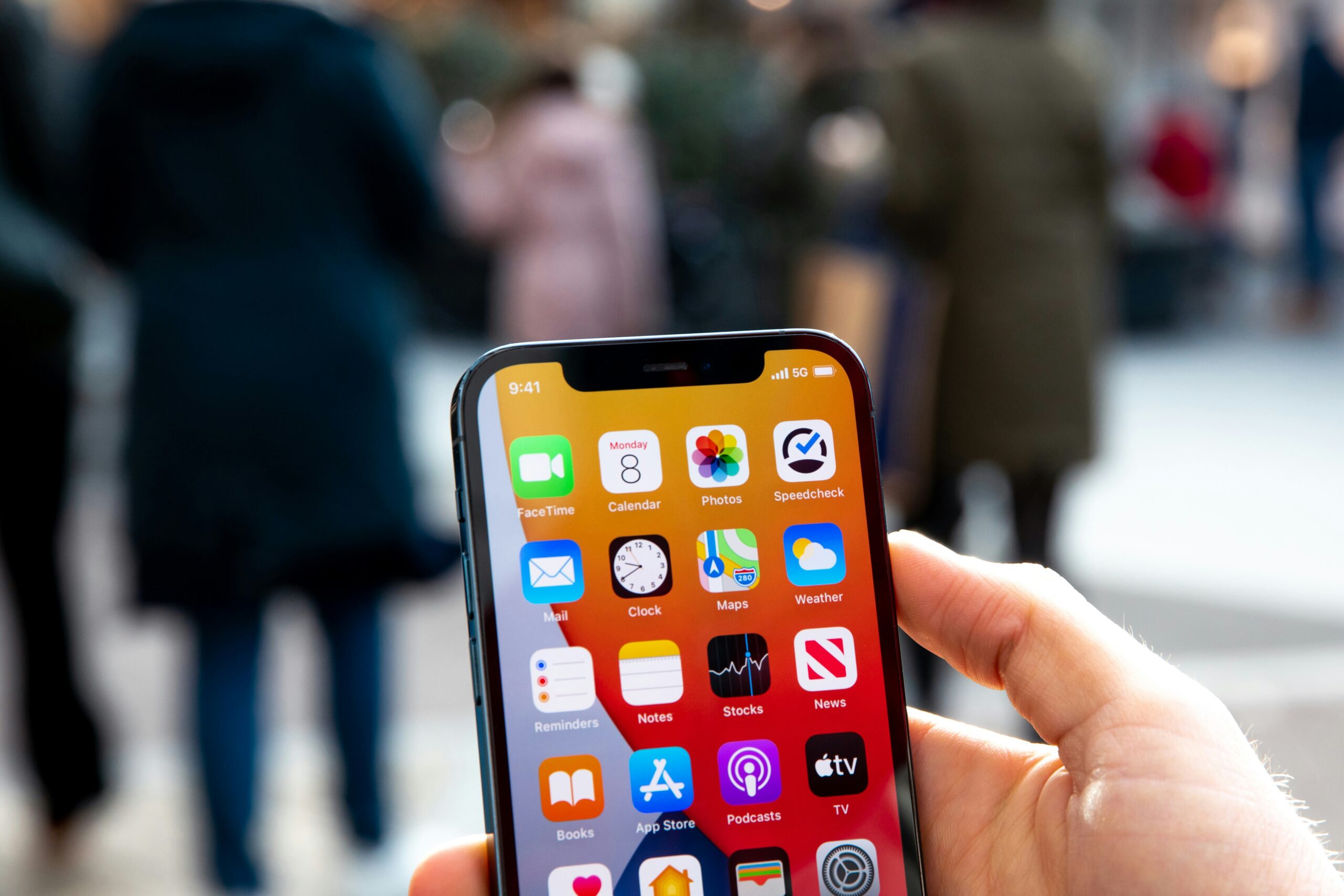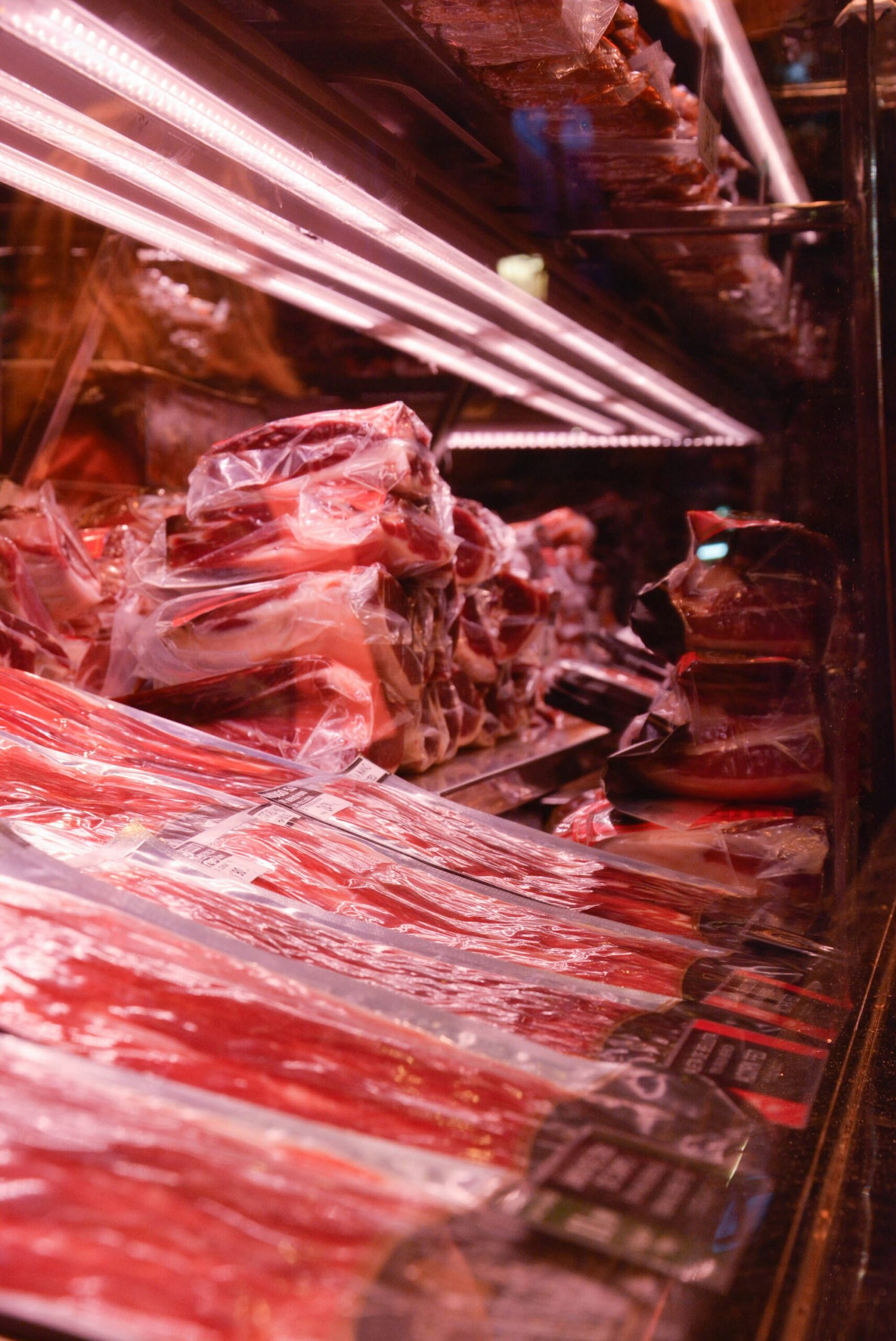Image credit: Unsplash
As artificial intelligence continues to evolve, industries are rapidly discovering new applications that reduce manual labor and boost efficiency. One such area experiencing a seismic shift is software quality assurance (QA), particularly regression testing. Utilizing artificial intelligence is cost-effective and will create new strategic roles for many automation engineers already in the industry.
AI can reduce or eliminate delays in the software development process. Doing so will cut manual labor by weeks and millions of dollars and should not be overlooked.
The Burden of Manual Testing
Manual regression testing has long been a bottleneck in the software development lifecycle. Companies often spend weeks—and millions of dollars—testing updates on thousands of applications. It’s a necessary but time-consuming process that delays product releases and demands significant human resources. Appvance’s GENI AI can automate regression testing, reducing weeks of work to hours and potentially displacing manual QA testers.
GENI uses digital twin technology and can generate test scripts from English test cases, setting it apart from its competitors. The solution aims to provide better test coverage, faster results, and cost savings for CIOs while pushing QA roles toward more strategic work.
GENI AI
Using digital twin technology, specially-tuned transformer models, and a proprietary code generator, GENI leverages Appvance’s patented AIQ Digital in its AI process. Appvance CEO Kevin Surace says, “GENI finally obsoletes manual testing, recorders, and legacy scripting such as Selenium. AI can generate test scripts that reproduce exactly what your product managers and business analysts demand and do so without human intervention. This is the game-changing AI we all hoped for since the invention of test automation. I am immensely proud of the team at Appvance who worked for years to give the QA industry what they have asked and yearned for.”
The Generative AI Breakthrough
Generative AI is now offering a transformative alternative. Advanced AI tools can automate testing at scale by converting English-written test cases directly into executable code. This accelerates the development process, reduces costs, and increases test coverage. AI systems can simultaneously execute hundreds of test cases, identifying errors faster than traditional methods.
The Impact on QA Careers
The shift raises questions about the future of QA roles. Experts suggest that while many manual testing jobs may be phased out, automation engineers will see their responsibilities evolve. Rather than writing and maintaining scripts, their roles could pivot toward strategic oversight, test data generation, and ensuring broader test coverage. The transition mirrors historical shifts in other fields, such as finance post-Excel, where automation eliminated routine tasks but spurred new strategic roles.
What Sets True Generative AI Apart
While many vendors market their platforms as “AI-driven,” some go further with fully generative AI approaches, including using patented digital twin technology to simulate applications offline and automate testing with high accuracy.
As more CIOs seek cost-effective, efficient solutions, AI’s role in QA is poised to grow exponentially. While the shift may disrupt traditional roles, it also opens the door to a more strategic, intelligent approach to ensuring software quality in the future.



































































